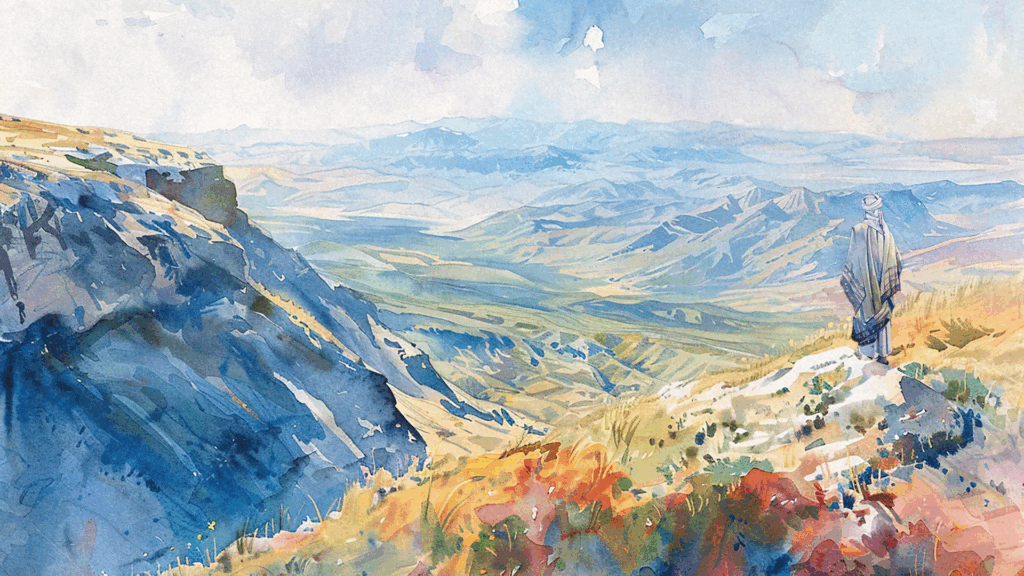OUR DAILY BREAD
But He answered and said, “It is written, ‘Man shall not live on bread alone, but on every word that proceeds out of the mouth of God.'” – Messiah Yeshua
THIS WEEK

Image credit: FFOZ
UPDATED ON MONDAYS
August 3–9
Va’etchanan
And I Besought וָאֶתְחַנַּן
Torah: Deuteronomy 3:23-7:11
Haftarah: Isaiah 40:1-26
Brit Chadashah: Luke 3:2-15
Below you’ll find two study guides for this week’s Torah Portion.
Using the Hebrew name for the “portion,” scroll down to the right one, then open the PDF.
Highly recommend!
What is a chiasm?
COMING UP
August 10–August 16
Ekev
Because עֵקֶב
Torah: Deuteronomy 7:12-11:25
Haftarah: Isaiah 49:14-51:3
Brit Chadashah: Matthew 16:30-20
August 17–August 23
Re’eh
Behold רְאֵה
Torah: Deuteronomy 11:262-16:17
Haftarah: Isaiah 54:11-55:5
Brit Chadashah: John 6:35-51
August 24–August 30
Shoftim
Judges שׁוֹפְטִים
Torah: Deuteronomy 16:18-21:9
Haftarah: Isaiah 51:12-52:12
Brit Chadashah: John 14:9-20
TRANSLATIONS AT YH
Shabbat Gatherings: Legacy Standard Bible
Dialogue Groups: The Scriptures
At Yeshua’s House, we use a lot of Hebrew words and phrases. If you’d like to learn more, check out our developing glossary.
See a mistake? Let us know at yeshuashouseroseville@gmail.com. Thank you!
